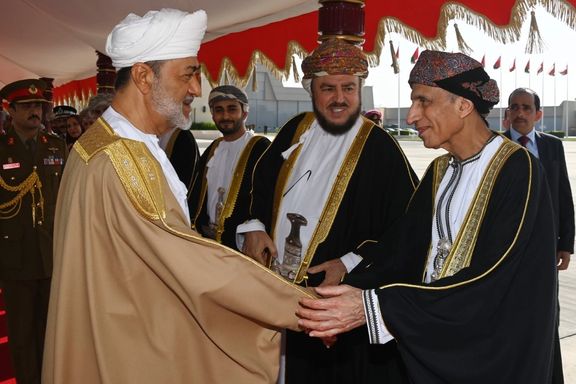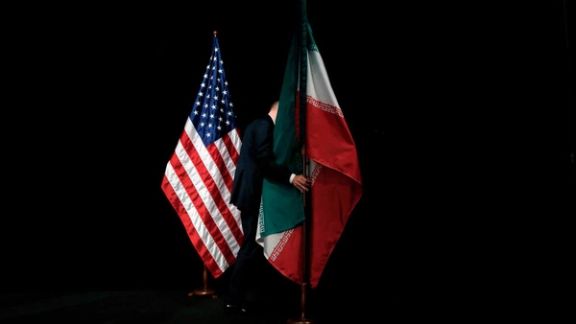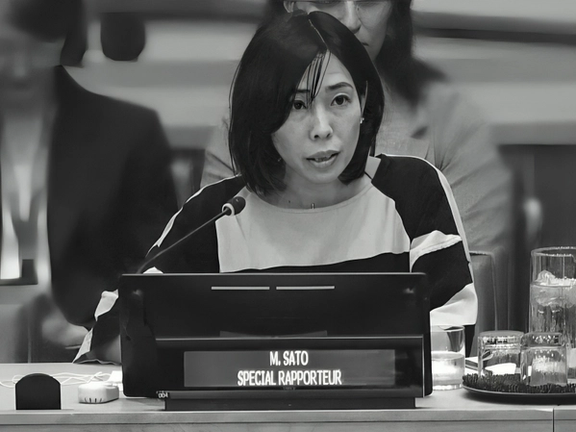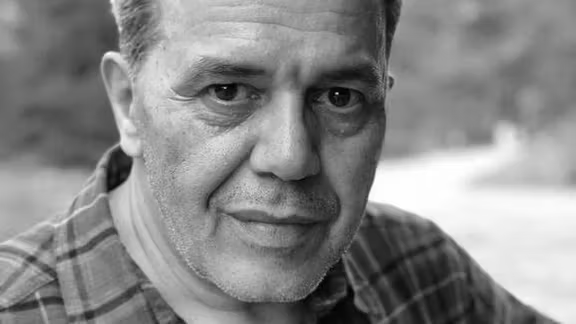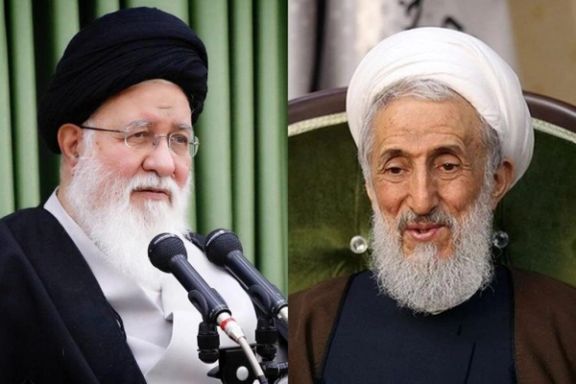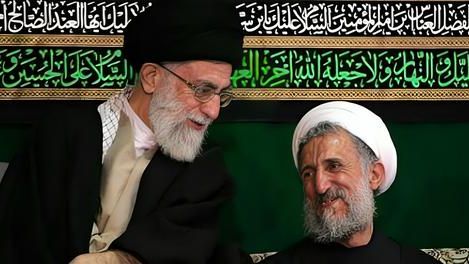The lawyers said autopsy results revealed that several organs, including his tongue, larynx, thyroid, and heart had been removed before his body was transferred to Germany, hindering a full investigation into the cause of his death.
The possibility that Sharmahd may have been poisoned cannot be dismissed, according to lawyer Patrick Kroker.
His body was in poor condition Kroker said, adding that the corpse had only two teeth remaining.
Sharmahd was abducted by Iranian agents during a visit to the United Arab Emirates in 2020 and forcibly taken to Iran. According to Sharmahd family's lawyers, he was taken to Iran via Oman.
In February 2023, the Iranian judiciary sentenced him to death on charges of endangering national security.
He was convicted of heading a pro-monarchist group called Tondar accused of a deadly 2008 bombing at a religious center in Shiraz, killing 14 and injuring 215 more. The accusation, which Sharmahd repeatedly denied, was never substantiated by any public evidence.
'Mutilation'
At the memorial ceremony on Friday co-organized by the Berlin-based rights group Hawar Help, Sharmahd's daughter, Ghazaleh, told Iran International that the removal of his organs served two purposes: to traumatize the family and conceal evidence of his fate.
"They took out his tongue, the one with which he spoke about what they didn't want him to and they removed his heart, the one that beat for Iran," Ghazaleh said.
She added that in death by hanging, examiners might look for external evidence such as marks from a tight noose. However, after a few months these marks fade and internal organs must be investigated.
“The organs they removed are the very things that could show he was executed,” she said.
On October 28 last year, Iran's judiciary website Mizan announced that Sharmahd was executed. However, a week later on Nov 5, the judiciary spokesperson Asghar Jahangir said that Sharmahd died of a stroke before his scheduled execution.
The conflicting accounts of the Iranian authorities at the time raised questions about the truth behind his death.
Nearly four months after his demise was announced by Iranian authorities, German authorities informed Ghazaleh that her father’s body would be transferred to Berlin.
"We had to try really hard to bring him here, and German authorities didn’t want to help," Ghazaleh told Iran International.
Activist Mina Khani said that rights group Hawar Help, led by founder Düzen Tekkal and co-initiator of the group’s German political sponsorship program for Iranians detained in Iran, Mariam Claren, were deeply involved in pushing the German government to pressure Iran to repatriate Sharmahd's body.
“The most shocking part was the Islamic Republic’s mutilation of Jamshid Sharmahd's body, where parts of his body including his tongue, larynx, thyroid, and heart were removed before being sent,” Khani added.
In a statement following the ceremony, Julia Duchrow, Secretary General of Amnesty International said: "The shocking finding of the autopsy is that the cause of Jamshid Sharmahd's death cannot be determined due to the condition of the body."
Duchrow called on the German Federal Prosecutor's Office to immediately launch criminal investigations against Iranian officials suspected of being responsible for Sharmahd's death.
